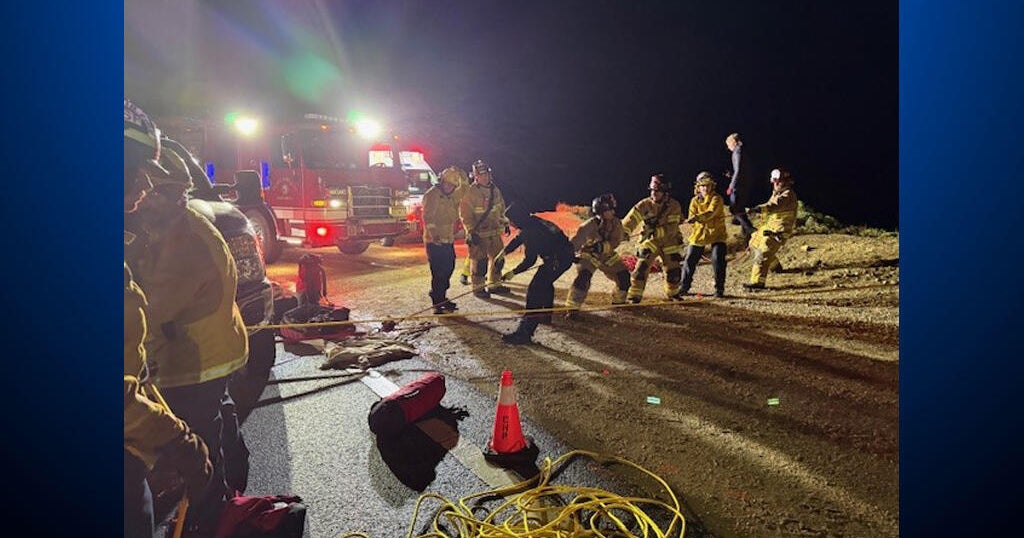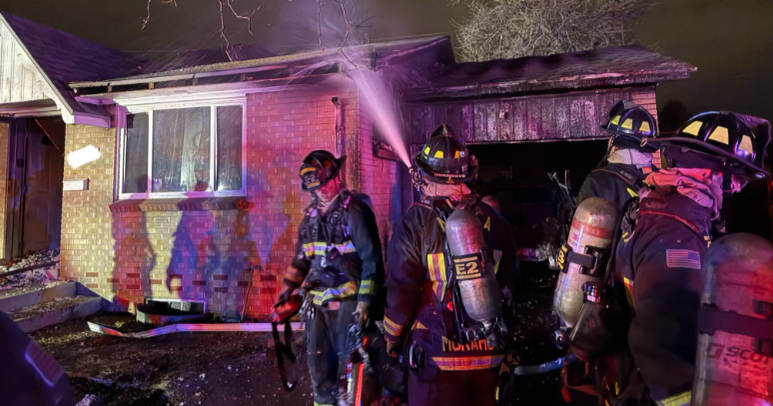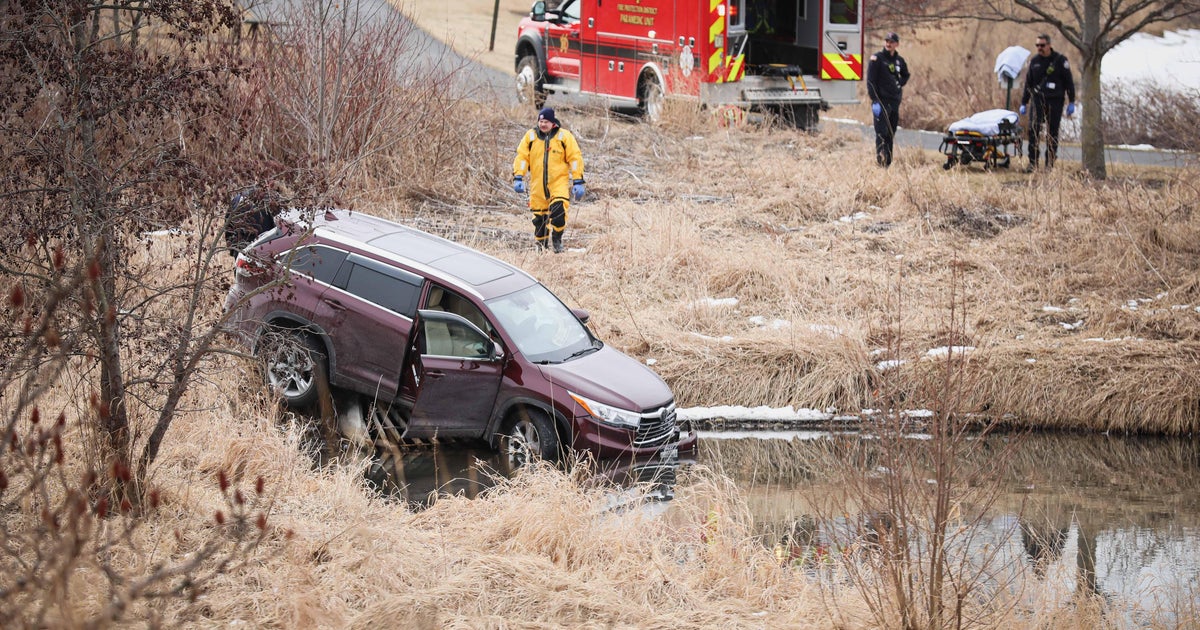More than 400 killed in earthquake near Iran-Iraq border
ISTANBUL -- Iran has ended rescue efforts along the border with Iraq where a powerful 7.3-magnitude earthquake struck Sunday. More than 400 people were killed and more than 7,000 were injured.
They searched for survivors Monday, and found many more of the dead. The earthquake struck at night, burying people beneath their own homes, CBS News foreign correspondent Holly Williams reports.
The quake jolted the city of Erbil in Iraq, around 130 miles from the epicenter. The shockwaves were still strong enough to spark panic.
But the worst damage was in a poor and mountainous region in Iran that hugs the border with Iraq. Now, 70,000 people are reportedly in need of emergency shelter, just as winter is closing in.
Iran is criss-crossed by fault lines and has grown used to deadly quakes. The worst ones have killed tens of thousands. But that's no comfort for people who are left with just the rubble of their homes.
"A wall turned over on me," a young boy told Williams, "it fell on me."
Residents fled into the streets as the quake struck, without time to grab their possessions, as apartment complexes collapsed into rubble. Outside walls of some complexes were sheared off by the quake, power and water lines were severed, and telephone service was disrupted.
Residents dug frantically through wrecked buildings for survivors as they wailed. Firefighters from Tehran joined other rescuers in the desperate search, using dogs to inspect the rubble.
The hospital in Sarpol-e-Zahab was heavily damaged, and the army set up field hospitals, although many of the injured were moved to other cities, including Tehran.
It also damaged an army garrison and buildings in the border city and killed an unspecified number of soldiers, according to reports.
Iran's Supreme Leader Ayatollah Ali Khamenei immediately dispatched all government and military forces to aid those affected.
Many of the heavily damaged complexes in Sarpol-e-Zahab were part of construction projects under former hard-line President Mahmoud Ahmadinejad. The newly homeless slept outside in cold, huddled around makeshift fires for warmth, wrapped in blankets -- as were the dead.
The quake killed 407 people in Iran and injured 7,156 others, Iran's crisis management headquarters spokesman Behnam Saeedi told state TV. Most of the injuries were minor, he said, with fewer than 1,000 still hospitalized.
The semi-official Tasnim news agency reported 445 dead and 7,370 injured. There was no immediate explanation of the discrepancy, although double-counting of victims is common during such disasters in Iran.
The official death toll came from provincial forensic authorities based on death certificates issued. Some reports said authorities have warned that unauthorized burials without certification could mean the death toll was actually higher.
In Iraq, the earthquake killed at least seven people and injured 535 others, all in the country's northern, semiautonomous Kurdish region, according to its Interior Ministry.
The disparity in the fatality figures immediately drew questions from Iranians, especially because so much of the town was new.
The earthquake struck 14.4 miles, or 23.2 kilometers, below the surface, a shallow depth that can have broader damage. Magnitude 7 earthquakes on their own are capable of widespread, heavy damage.
The quake caused Dubai's skyscrapers to sway and could be felt 1,060 kilometers, about 660 miles, away on the Mediterranean coast. Nearly 120 aftershocks followed.
Kokab Fard, a 49-year-old housewife in Sarpol-e-Zahab, said she could only flee empty-handed when her apartment complex collapsed.
"Immediately after I managed to get out, the building collapsed," Fard said. "I have no access to my belongings."
Reza Mohammadi, 51, said he and his family ran into the alley following the first shock.
"I tried to get back to pick some stuff, but it totally collapsed in the second wave," Mohammadi said.
Khamenei offered his condolences as President Hassan Rouhani's office said Iran's elected leader would tour the damaged areas Tuesday, which was declared a national day of mourning. Authorities also set up relief camps and hundreds lined up to donate blood in Tehran, though some on state TV complained about the slowness of aid coming.




